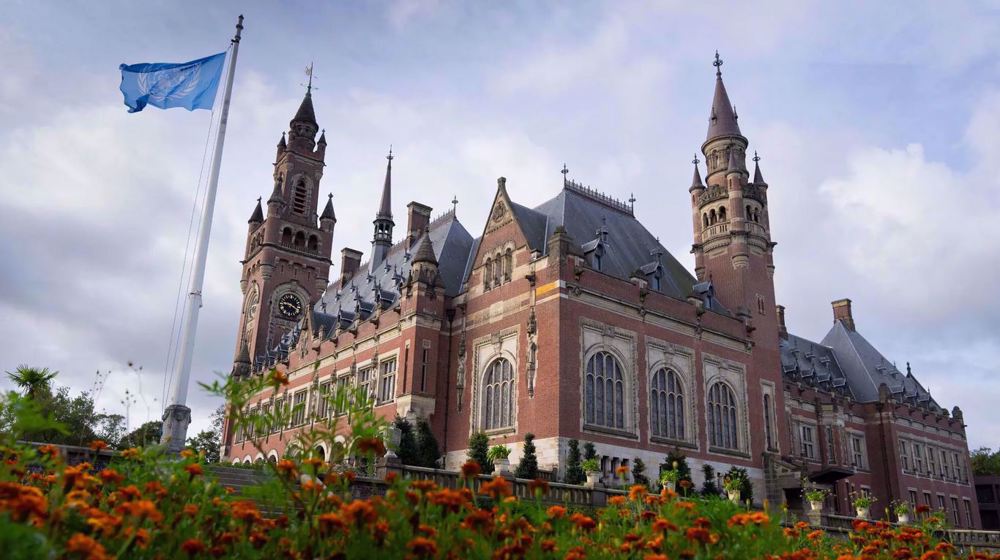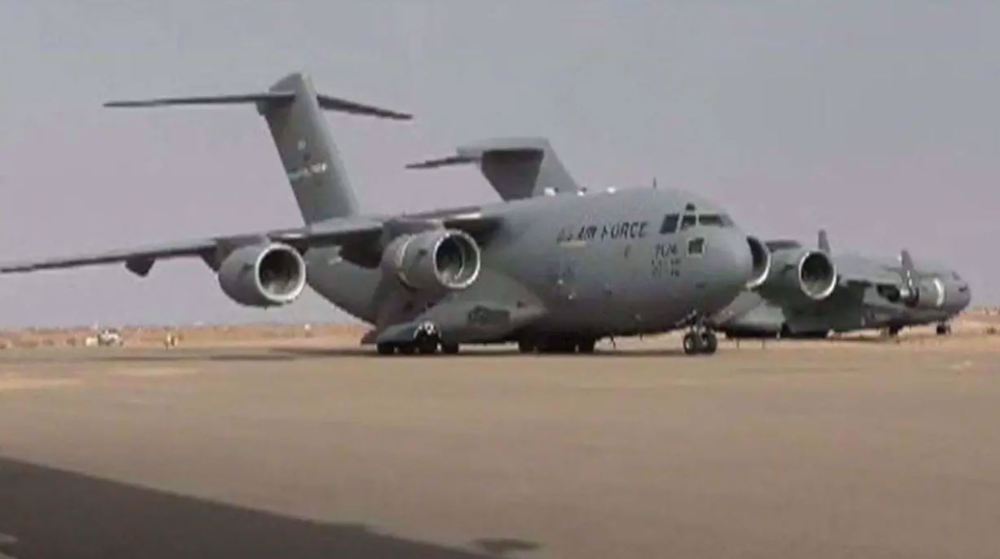Uganda army evacuates 38,000 people from South Sudan
The Ugandan army has evacuated 38,000 civilians trapped by battles in South Sudan’s capital of Juba since July 15, a military spokesman says.
"The total number of civilians evacuated from South Sudan by road under protection of the UPDF (Uganda People's Defense Force) since the start of the operation has reached 38,000," Ugandan army spokesman, Paddy Ankunda, said Wednesday.
He added that most of the evacuees were Ugandans but "they were joined by hundreds of Kenyans, Rwandans among other nationalities who wanted to leave South Sudan for their safety."
The evacuation operation, which started on July 15, was carried out by a heavily protected convoy of 30 vehicles, which have been transferring people to the Ugandan border, some 200 kilometers (125 miles) away from Juba.
About 10,300 South Sudanese sought refuge in Uganda from July 15 to July 19, according to estimates by the UN refugee agency.
The civilians have fled the violence that erupted in the youngest country on July 8 between supporters of South Sudanese President Salva Kiir and rebels backing his deputy, Riek Machar.
The warring parties reached a shaky ceasefire on July 11 after four days of clashes that killed more than 300 people and forced thousands of others to flee.
The violence raised concerns about the revival of a civil war that gripped the nation in December 2013.

A bloody civil war in South Sudan began in December 2013, when Kiir accused his former deputy Machar of plotting a coup against him.
The two sides then got involved in a cycle of retaliatory killings that have split the impoverished country along ethnic lines.
Thousands of people have been killed and more than three million forced to flee their homes in the war. Nearly five million people are in need of food to survive famine in South Sudan.
The two sides eventually signed an agreement in August last year to bring the conflict to an end. As part of the deal, Machar returned to Juba in April to take up the post of vice president in a national unity government.
Despite the August 2015 peace deal, battles persist across the country as there are numerous militia forces that do not abide by peace agreements and are driven by local agendas.
Iran refutes US, UK accusations over Ukraine war, West Asia conflicts
Pakistani town erupts in protest after terrorists kill scores of Shia Muslims
US senator threatens ICC with military action over Netanyahu sentence
Iran: ICC indictment of Netanyahu should have included 'genocide'
VIDEO | IAEA anti-Iran resolution
Iran urges pope to help end Israeli onslaught in Gaza
VIDEO | ICC's warrant against Netanyahu
VIDEO | Dispute over 'self-defense' clause















 This makes it easy to access the Press TV website
This makes it easy to access the Press TV website